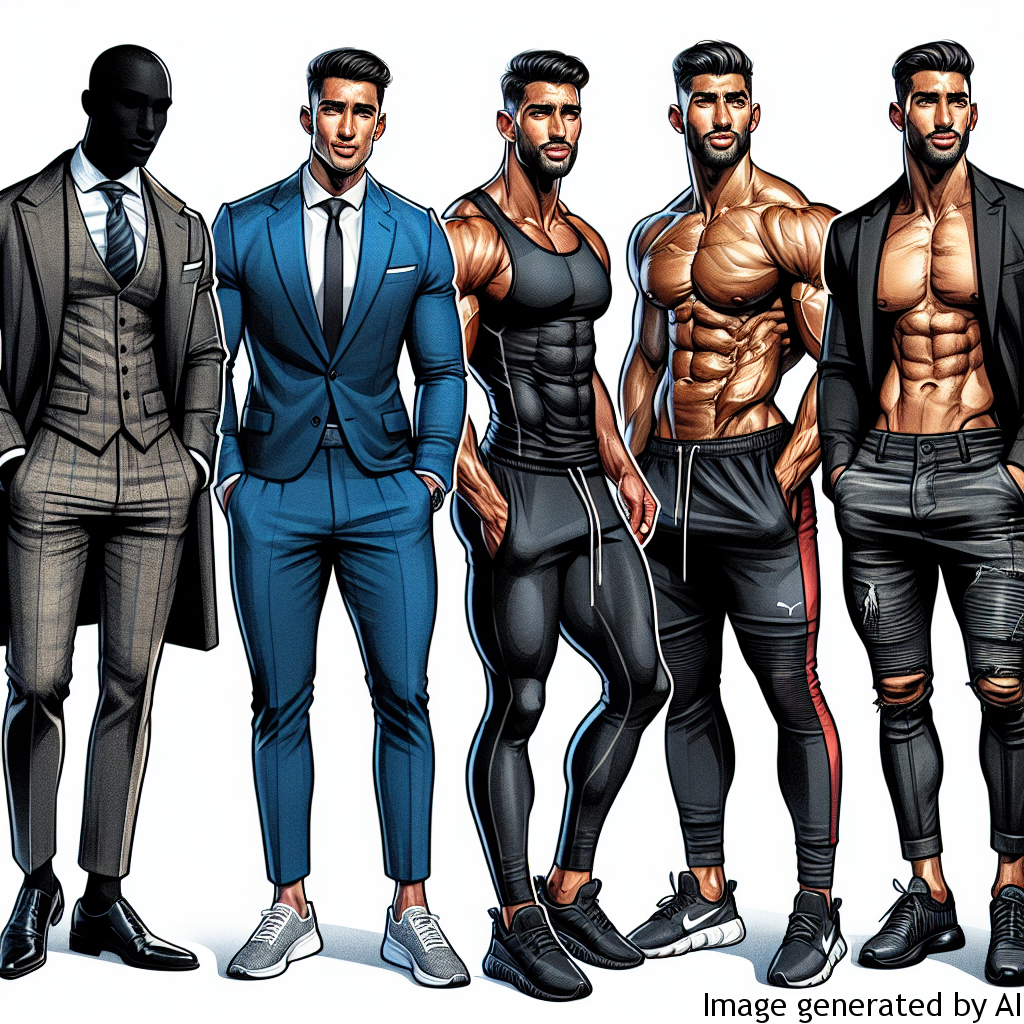Introduction
The world of fashion, like most industries, is heavily influenced by societal norms and expectations. In men’s fashion, one particular area that has garnered significant attention is the focus on muscularity and fitness. This trend is not only driven by aesthetics but also by widespread perceptions about masculinity and the cultural premium placed on the “fit” male body. The pressure on men to conform to these ideals is immense and can have significant implications for their psychological health.
Gender Expectations and Their Impact on Men’s Psychological Health
Gender expectations slowly inculcated into society and culture, often impose an implicit belief that a “real” man should not only be mentally strong but physically robust as well. This cultivated expectation creates a perception that being muscular is synonymous with being manly.
Societal Pressure and Body Image
The constant portrayal of the “ideal” male body through various media outlets has cultivated a societal pressure on men to strive for such standards. The impact of this pressure is extensive and can lead to negative effects on individual’s body image, self-esteem, and overall psychological well-being.
Impacts on Mental Health
This unattainable pursuit of physical perfection often leads to dissatisfaction and can result in extreme behaviors, such as engaging in harmful diets or excessive exercise. In severe cases, it can even lead to body dysmorphic disorders, a mental condition characterized by an obsessive focus on perceived physical flaws.
Examples of How Gender Roles Can Influence Men’s Lives
Men are constantly bombarded with messages that equate physical strength and musculature to masculinity. This pressure can take a toll on their everyday life in various ways. From feeling the need to avoid specific food groups to reach a particular body type, to avoiding certain activities deemed “feminine,” like yoga or dance, the societal pressure to conform to masculine stereotypes significantly impacts many men’s lifestyle choices.
Tips for Improving Psychological Health Considering Gender Roles
It is essential to remember that everyone’s body is different, and an “ideal” body is, in many ways, a societal construct. By recognizing this, men can start to change their perception of their bodies positively. Also, proactive measures to promote positive body image need to be taken, including consuming media critically, seeking professional help when needed, speaking about concerns with loved ones, and promoting self-love and acceptance.
Conclusion
The focus on muscularity and fitness in men’s fashion is a complex issue with deep roots in societal gender expectations. While it is an important part of many men’s identity and self-expression, it also holds the potential to negatively impact psychological health. Conscious efforts at personal and societal levels are necessary to ensure the emphasis on physique and fitness promotes a positive and healthy self-image for men.

